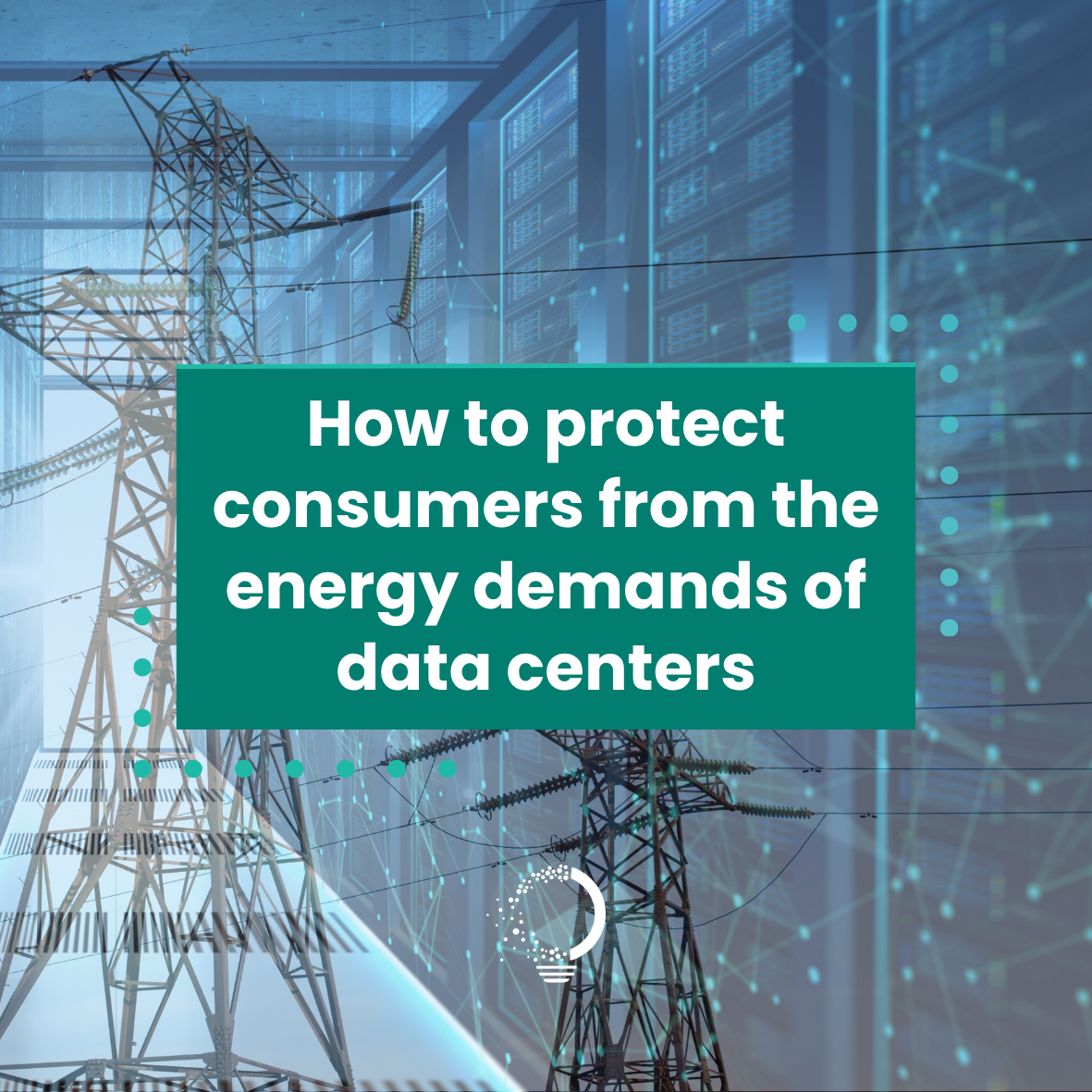
Across the country, news stories are capturing the concerns of utility customers who fear that new data centers will strain electric resources and drive up prices in their communities.
This story is playing out in all states, particularly states with vertically integrated electric markets –– states where utilities monopolize and control electricity for consumers. But the tone and response of powering a data center in one state is different –– and so are the state’s regulations.
In 2024, Microsoft and Constellation Energy announced a 20 year power-purchase agreement (PPA). This is a direct agreement between the customer (Microsoft) and the power generator (Constellation Energy) to restart the Three Mile Island (TMI) Unit 1 power plant as the Crane Clean Energy Center and produce more than 800 megawatts of carbon-free electricity to power Microsoft data centers.
The agreement has been celebrated by Pennsylvania Governor Josh Shapiro, state and local officials, building trades and community members excited to welcome back jobs and the subsequent economic development, including tax revenue.
Because of this PPA with a competitive energy producer and supplier, Pennsylvania residents are protected from the many risks that can come with serving a large energy user, including financial and energy reliability risks. This kind of agreement gives residents security.
Pennsylvania restructured its energy market in 1996, ending the monopoly utilities once held over electricity. Lawmakers opened the door to competition, giving Pennsylvanians the ability to choose their energy supplier and inviting private companies to invest, innovate, and sell power directly to consumers.
Nearly three decades later, many states still have customers held captive to utility monopolies, with no energy alternatives for households or large businesses. But in Pennsylvania, competition has delivered what it promised: real options for consumers and the benefits that come with them.
Choice has become a defining feature of daily life in the past 30 years. In the early 1990s, Jeff Bezos was selling books out of his garage. Today, more than 300 million people shop on Amazon each month, expecting endless options, competitive prices, and constant innovation.
Yet when it comes to electricity, only about 25% of customers nationwide have the same kind of freedom to choose.
Many Americans don’t have the ability to switch electricity providers if they’re unhappy with their utility’s prices or products. Instead, they’re captive to monopoly utilities that set the rates, control the supply, and pass along the financial risks of building new power plants. In some cases, those same rates are even paying for the lobbying efforts to prevent giving customers more choices.
Most utilities are investor-owned (IOUs), which means they’re for profit companies accountable to shareholders. Their profits come from ratepayers. If an IOU wants to build a new plant — whether to serve growing demand or to power massive users like data centers —it estimates the cost and passes the bill directly to customers. If new generation isn’t built, reliability suffers and utilities must buy power on the market at premium prices –– that cost also flows to ratepayers. Either way, customers bear the risk.
In Pennsylvania, restructuring ensures that private companies, not consumers, shoulder the financial risk of new power projects. When Microsoft partnered with Constellation to source power from Pennsylvania’s nuclear fleet, Constellation took on the $1.6 billion cost to restart Three Mile Island Unit 1. Microsoft is paying for the costs of that electricity — not Pennsylvania ratepayers.
Competition signals for energy companies with private funds to enter a state to build new power generation –– costs that are not placed on the backs of ratepayers. With a restructured energy market, all customer classes can enroll with a supplier of their choice to buy their energy –– or remain with their utility. If they are a large enough energy user, they can secure their own PPA, similar to Microsoft contracting directly with Constellation to secure enough power for its data centers.
As other states weigh how to attract large employers without driving up rates or jeopardizing reliability, Pennsylvania offers a model. Competition made it possible for economic development and consumer protection to coexist—without asking residents to pay the price.